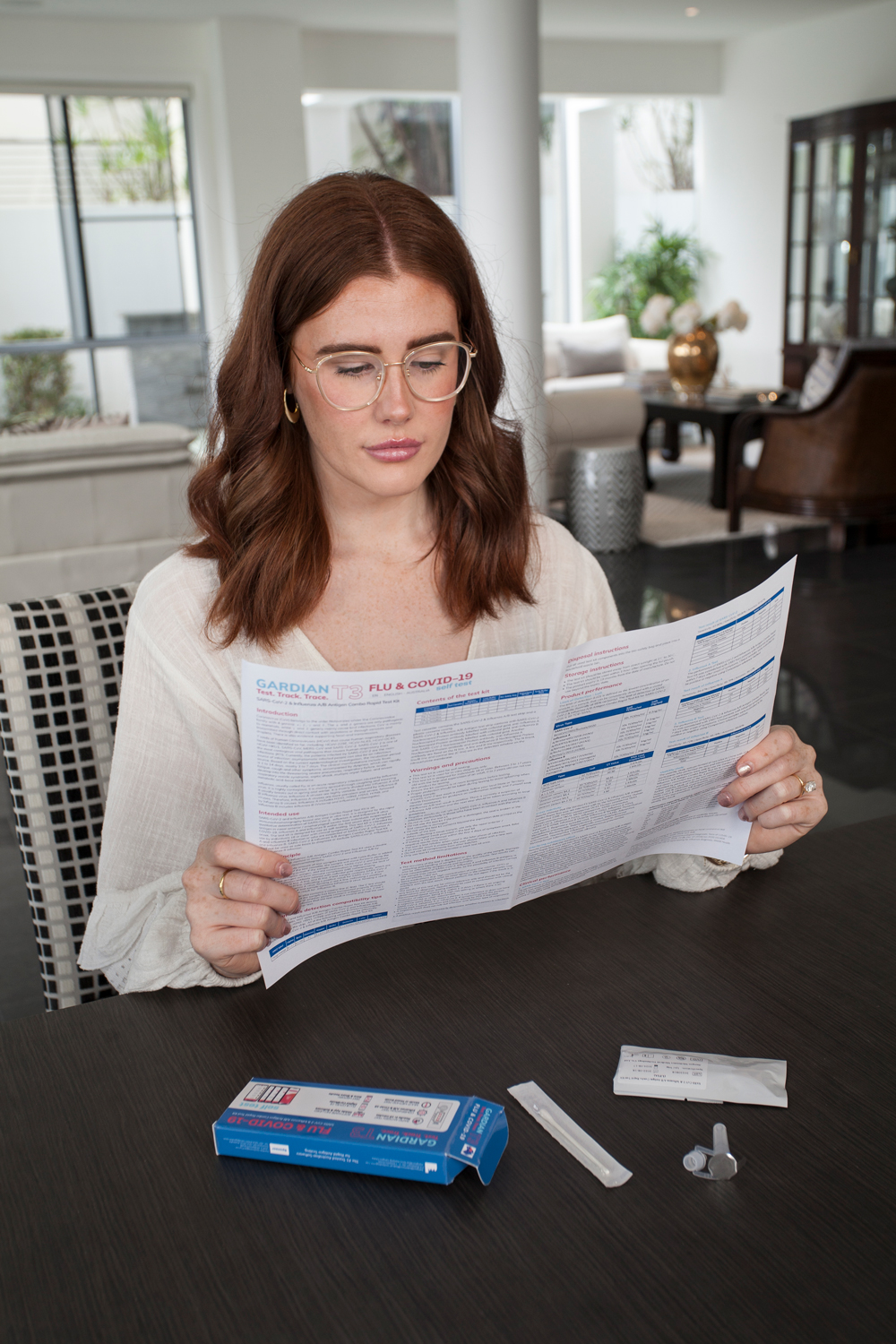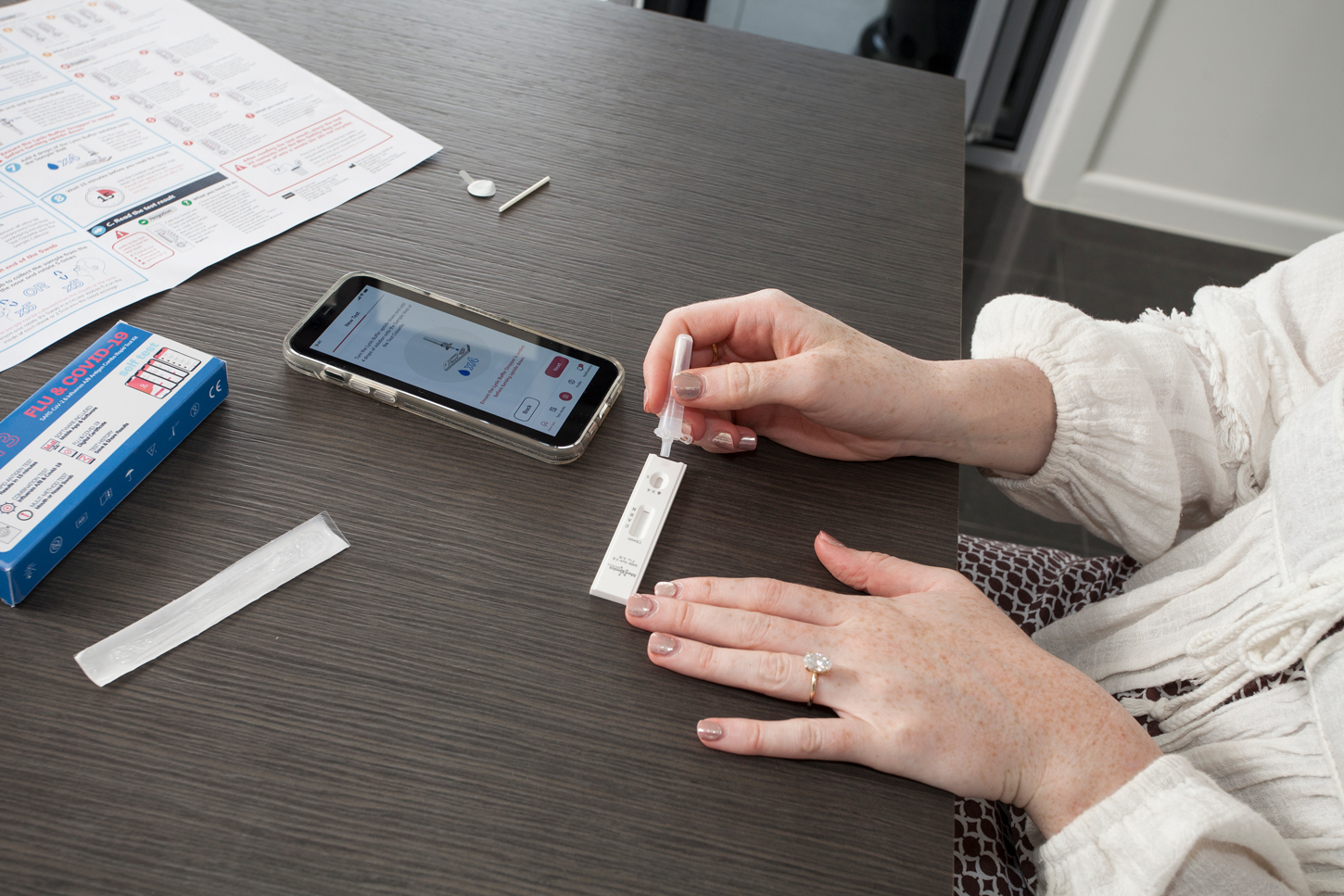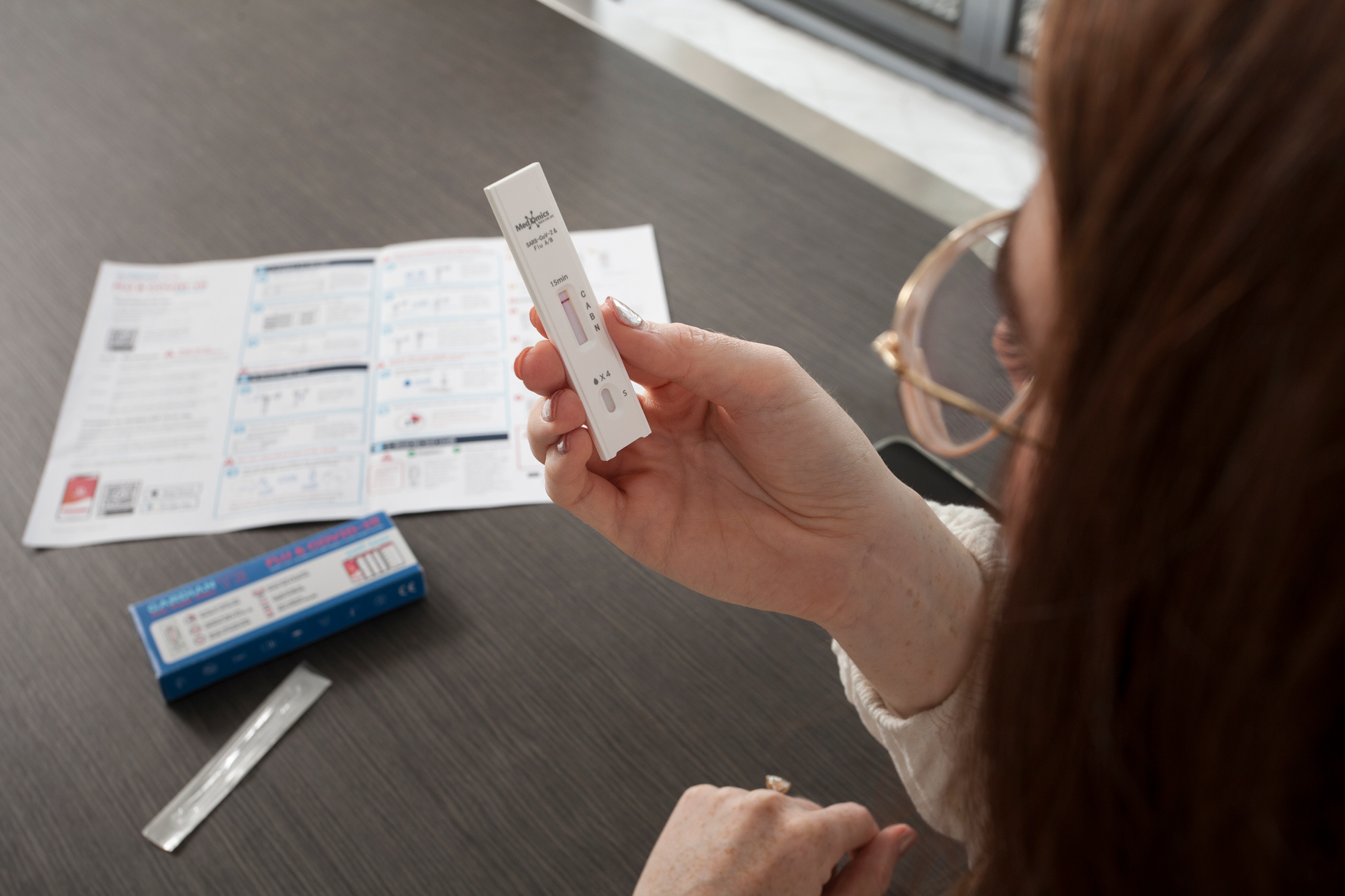 | During the Covid waves Australia has experienced to date, you may have chosen to stock up on rapid antigen tests to ensure a repeat of the first wave does not occur – where rapid antigen tests were in short supply. But as we approach almost one year on since the first spike in Covid cases in Australia, are these Covid tests still usable? Simply checking the expiry date may not be enough, there are other factors you need to consider when assessing if your test result can be trusted. Most Covid-19 self-tests list an expiration date of between four and six months from when they were manufactured. However, expiration dates have been extended as real-world data was compiled, in some cases to 12, 15 or even 18 months. Graham Gordon, CEO Gardian explains "GardianT3 Covid-19 rapid antigen tests were extended to 18 months, based on clinical and analytical evidence. The Therapeutic Goods Administration (TGA) assessed the efficacy of GardianT3 saliva-based tests via post market research and concluded the expiry date of GardianT3's had an extended shelf life of 18 months." "It is important to note however, that simply checking the expiry date of your rapid antigen tests is not enough. There are other factors such as how the tests have been stored that need to be taken into account. If tests are not stored at the correct temperature of 2 – 30 degrees celsius, this can render the test unusable – the test could display a false negative or invalid test result." "If the test is exposed to very hot or cold temperatures, it will degrade faster than if it's kept at more stable temperatures. Test performance may also be impacted if the test is used in outdoor temperatures below freezing - at high altitude or in the mid of winter for example, or in a very hot or humid environment - such as the harsh Australian summer." "This also includes storing tests in a storage facility that is exposed to extreme outside temperatures without the appropriate protection. You may think that storing tests in a storage unit is safe, but unless air conditioned or temperature controlled, you may find that these tests are now unusable," Gordon explains. |
So why do rapid antigen tests degrade and how do they work?
Nate Hafer, Operations Director at the University of Massachusetts Center for Clinical and Translational Science and Assistant Professor in molecular medicine at UMass Chan Medical School explains.
"In the case of rapid antigen tests, the protein they're looking for is called the nucleocapsid protein, which is one of the most abundant proteins in the SARS-CoV-2 virus," Hafer says.
"The test strip has been painted with antibodies that, if they come into contact with the nucleocapsid protein, will change colour. As the solution moves down the paper, the control line will appear regardless of whether it detects the nucleocapsid protein or not."
"The antibodies on the strip of paper are very sensitive and could be damaged by extreme heat or cold, but the solution also contains chemicals that could be influenced by extreme temperatures," he says.
So what do I do now if I am unsure my test is usable?
"If in doubt, throw it out" recommends Graham Gordon.
"We take special care and attention when it comes to the storing of GardianT3 Covid-19 rapid antigen tests. We use air conditioning and climate-controlled storage units that are not exposed to extreme conditions. Can you be sure your Covid tests have gone through the same level of care and attention?"
"The last thing Australia needs is a prolonged fourth Covid wave, putting the most vulnerable people in our society such as the elderly, disabled and immunocompromised at risk. We are only just starting to see the impact of 'Long Covid', and we do not yet fully understand the impact this may have on health into the long term."
"It's better to be safe than sorry, so protect you, your loved ones and your colleagues leading up to the holidays and beyond. Nobody wants Covid for Christmas" Gordon concludes.
Key Facts:
Gardian T3 COVID-19-SARSCoV-2 Antigen Saliva detects: Delta, Omicron Analytical: Alpha*, Beta*, Gamma*, Kappa*, Epsilon*, Eta*, Iota*, Lambda*, Mu*, Delta, Omicron, BA.4, BA.5, BA.2.75.
About us:
Gardian is an Australian-based digital health company operating in the Medical Technology (MedTech) space, with the aim to provide a better way to care through assistive technology. Gardian develops medical software and hardware that includes GardianT3 Influenza Tests (Flu Tests), Covid-19 Rapid Antigen Tests and supporting solutions such as the Gardian Self Check App and Gardian Test Tracker software to manage test results.








